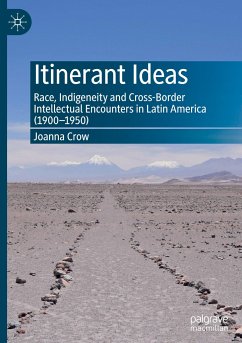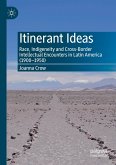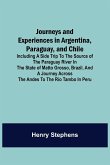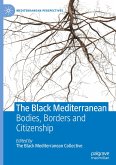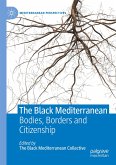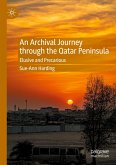This book explores how ideas about race travelled across national borders in early twentieth-century Latin America. It builds on a vast array of scholarly works which underscore the highly contingent and flexible nature of race and racism in the region. The framework of the nation-state dominates much of this scholarship, in part because of the important implications of ideas about race for state policies. This book argues that we need to investigate the cross-border elaboration of ideas that informed and fed into these policies. It is organized around three key policy areas - labour, cultural heritage, and education - and focuses on conversations between Chilean and Peruvian intellectuals about the 'indigenous question'. Most historical scholarship on Chile and Peru draws attention to the wars fought in the nineteenth century and their long-term consequences, which reverberate to this day. Relations between the two countries are therefore interpreted almost exclusively as antagonistic and hostile. Itinerant Ideas challenges this dominant historical narrative.
Bitte wählen Sie Ihr Anliegen aus.
Rechnungen
Retourenschein anfordern
Bestellstatus
Storno

